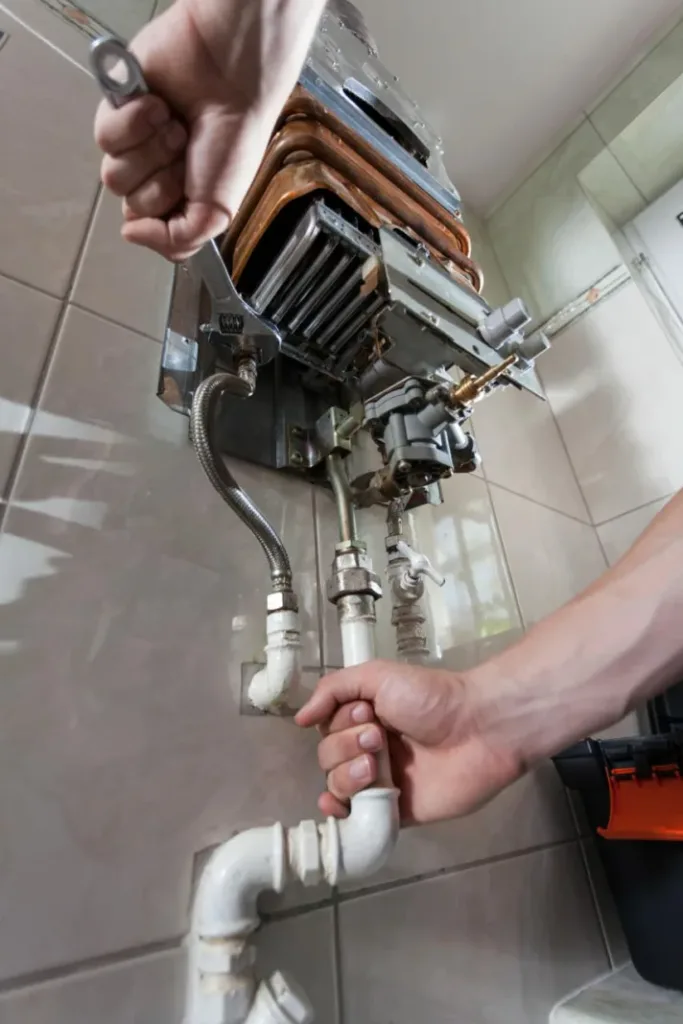Many accidents in commercial facilities stem of gas safety protocols. Commercial gas systems power everything from restaurant kitchens to office heating. So, we must follow gas safety regulations.
Their importance cannot be overstated. Strong gas safety measures protect facilities and their operations. They also safeguard the lives of employees and customers.
Understanding Gas Safety Regulations
Commercial facilities must follow strict gas safety regulations. They aim to reduce gas-related risks. These regulations outline the responsibilities of facility managers and stakeholders.
They must maintain safe environments. They cover aspects such as installation, maintenance, and operation of commercial gas systems. Failure to follow these regulations can lead to severe penalties.
Compliance standards vary by region. They usually must regular inspections, employee training, and proper documentation. For instance, facilities must regularly service and maintain all gas appliances.
The Importance of Hazard Prevention
Implementing effective hazard prevention strategies is essential in any commercial setting. Gas leaks are the most common hazard in commercial facilities.
They can cause explosions, fires, and health risks from gas exposure. A proactive safety approach can prevent such incidents. It can save lives and cut financial losses.
For example, regular checks and maintenance of gas lines can reduce risks. Using a gas leak detection service can provide real-time monitoring. It will identify and fix any leaks immediately.
Workplace Safety Measures
Workplace safety in commercial facilities extends beyond just adhering to regulations. It involves creating a safety-focused environment. Employees must be well-trained in gas-related emergency protocols.
Regular safety drills and education on gas leak dangers can help. Staff will act quickly in emergencies if they know about proper ventilation.
A safety concern reporting system encourages employees to help keep the workplace safe. It’s critical to use clear signs to show gas shut-off points and safety equipment. They are vital for a quick emergency response.
The Role of Training and Education
Continuous training and education on gas safety are integral components in commercial facilities. Workers must recognize hazards and understand the need to follow safety rules. Training sessions should cover:
- Signs of gas leaks: What to look for and how to act
- Proper use of personal protective equipment (PPE)
- Emergency procedures, including evacuation plans
- Regular maintenance schedules for gas systems.
Hands-on training and simulations can boost retention. They can make safety protocols second nature to employees. Training can cut accident risks and boost workplace safety.
Importance of Regular Inspections
Regular inspections are a cornerstone of gas safety in commercial facilities. These inspections ensure safety regulations are met.
They also find hazards before they become serious. Understanding the frequency and scope of these inspections is vital for facility managers. Inspections should be done at least every six months.
This may vary with facility use and local regulations. Comprehensive inspections check appliances, valves, and pipelines for wear, corrosion, or damage. Identifying these issues early can prevent costly repairs and, more importantly, protect lives.
A Commitment to Safety in Commercial Facilities
In summary, gas safety in commercial facilities is a complex issue. Facility managers must rank gas safety protocols. They protect employees, clients, and business assets.
Regular inspections, advanced tech, and a safety culture can make work safer. We must act now. Embracing these practices will improve safety and ensure compliance with standards.
For more helpful tips, check out the rest of our site today.





